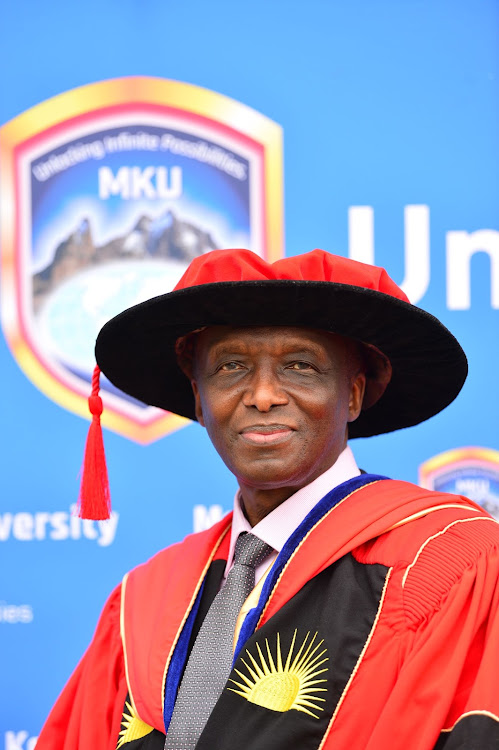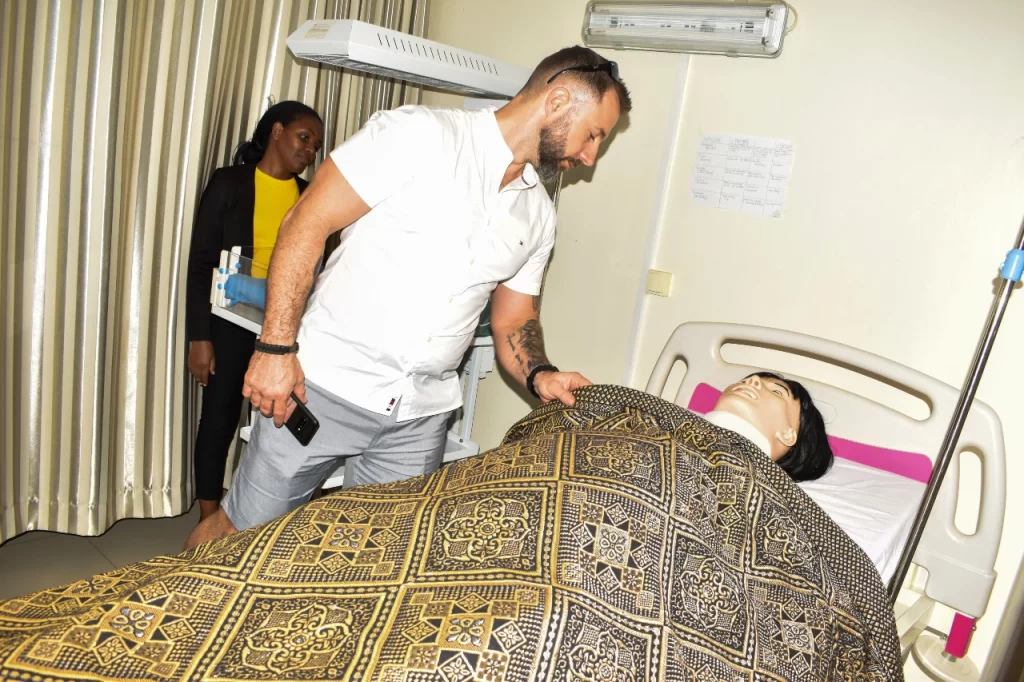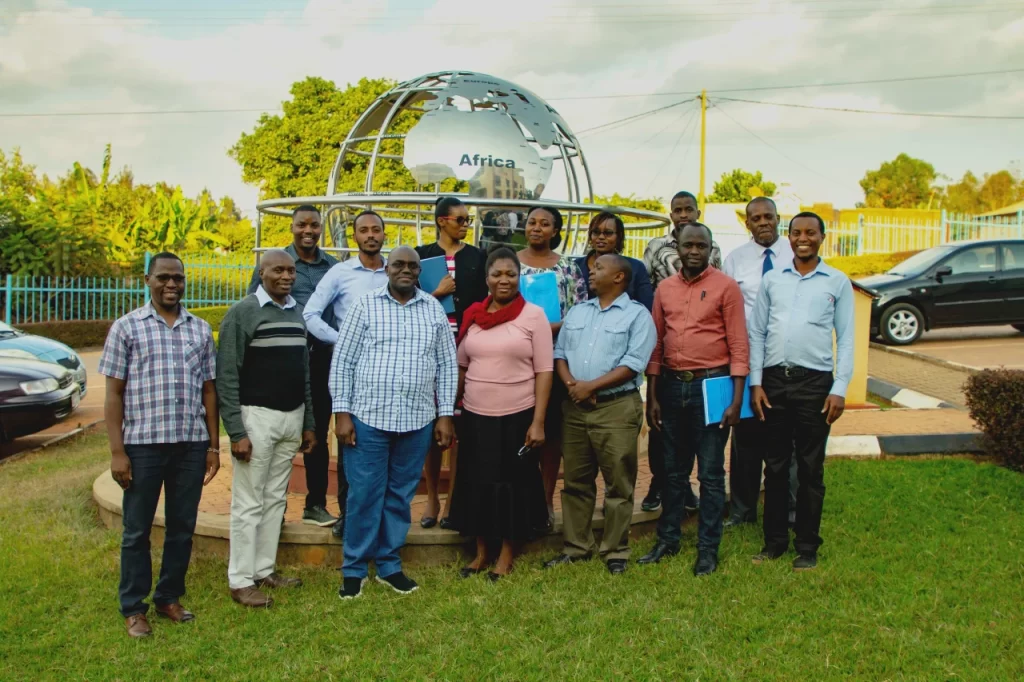Story by EVANS ONGWAE
Mount Kigali University (MKU) is adjusting its curricula to meet the Competence-Based Curriculum (CBC)
requirements, Vice-Chancellor Prof Deogratius JAGANYI, has announced.
The VC says this is “to ensure MKU remains competitive in the labour market and compliant with the ongoing basic education curricula reforms”.

Prof JAGANYI adds that the university is also reviewing and overhauling its common modules to empower its students with 21st-century skills.
MKU regularly reviews its curricula to enrich them as per the demands of the job market, says the don. Accordingly, it recently revised its Bachelor of Science in Medical Laboratory Technology and Bachelor of
Pharmacy and Diploma in Pharmaceutical Technology programmes.
“I am pleased that the Commission for University Education has approved the Bachelor of Computer Science and Bachelor of Science in Medical Biochemistry programmes,” Prof JAGANYI added.
He has lauded the university’s board for supporting MKU’s subscription to the Research Beeline Platform to enable faculty members to access relevant grant calls.

The MKU VC expressed his delight that one of the university’s students, Sandra Kuria, was appointed by Google as the university Developer Student Clubs (DSC) Lead for 2022. Consequently, Google sponsored
her to attend the Droidcon Berlin – a conference on android development – earlier this month.

Meanwhile, the Kenya Bureau of Standards (Kebs) has recertified MKU’s ISO 9001:2015 Quality Management System. “The re-certification is a clear testimony that all our processes are informed by the pragmatic best practices which promote customer satisfaction,” says Prof JAGANYI.
Adding that students’ welfare activities contribute toward customer satisfaction, he points out: “Our student welfare initiatives are complemented by the O3 Plus Project.”
The UNESCO-supported O3 Plus Project with the slogan, Our Rights, Our Lives,
Our Future is designed to support young people in higher education institutions in Kenya, Tanzania, Zambia, and Zimbabwe, to realize positive health, education, and gender equality outcomes. This is through sustained reductions in new HIV infections, unintended pregnancies, and gender-based violence.



